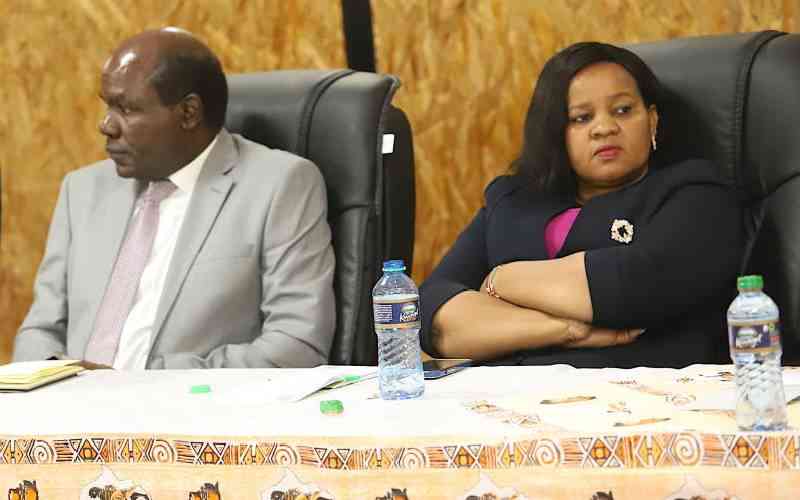×
The Standard e-Paper
Home To Bold Columnists

President William Ruto could have more say in the composition of the Independent Electoral and Boundaries Commission (IEBC), opening a new battlefront with the Opposition.
A Bill seeking to alter the membership of the selection panel that picks IEBC commissioners proposes to reduce Parliament's say on the subject, ahead of an imminent overhaul of the polls agency.